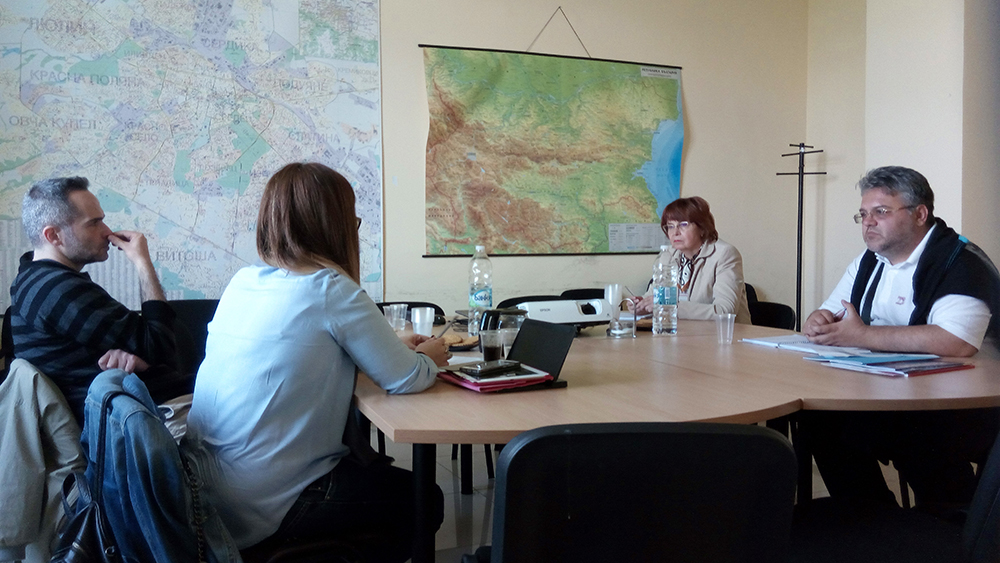The Prime Minister and Minister of Health of the Former Yugoslav Republic of Macedonia hosted a South-Eastern European Ministerial Meeting on Sustainable Responses to HIV and TB in Skopje on 7 May 2018. The aim of the Ministerial Meeting was to discuss the progress, challenges and opportunities towards reaching sustainable responses to HIV and TB in South-Eastern Europe. Civil society representatives had an opportunity to join the high level representatives from all SEE countries, donors and global development partners and exchange about progress made and what remains to be done to meet the goal of ending the AIDS and tuberculosis epidemics in the region as part of the 2030 Agenda for Sustainable Development.
The ministers recognized increasing ownership of the national responses to the diseases, as external financial support including from the Global Fund is transitioning to support countries with the highest global burdens of disease and least economic capacity. The ministers expressed commitment to allocating domestic funding for and ensuring access to HIV and tuberculosis treatment for all, guided by governance structures that involve civil society and affected communities along with health professionals and technical partners. Still, a few comments from the civil organisations warned that the situation is far from satisfying and that “behind numbers are people about whom we need to care” – as underlined by the DPNSEE Board member Denis Dedajić.
DPNSEE representatives Vlatko Dekov, Chairman of the Board, Denis Dedajić, Secretary of the Board and Milutin Milošević, Executive Director, met with several Global Fund Board members, country representatives, donors and civil society colleagues. An important meeting was the one with Ekaterina Lukicheva from the Open Society Foundations International Harm Reduction Development Program and Raminta Štuikyte, consultant about the budget advocacy and implementation project and other ideas for future cooperation.

The Board of the Global Fund to Fight AIDS, Tuberculosis and Malaria, at its 39th Board meeting, highlighted the importance of strengthening sustainability and supporting successful transition to domestic financing to build long-term solutions and achieve greater health security.
The Global Fund is committed to being a good partner in working toward sustainability, acting as a catalyst to additional investment, filling short-term gaps, and addressing bottlenecks to successful transition to more domestic funding. While shifting financing often includes challenges, including how to effectively fund civil society, transition increases country ownership and is necessary to end epidemics.
An important news for the region is that the Board approved an approach to ineligible upper-middle income countries in crisis where economic and epidemiological metrics are collapsing and where spill overs threaten regional progress against HIV, TB and malaria.
More about the Board meeting is available at the Global Fund website following this link >>>










